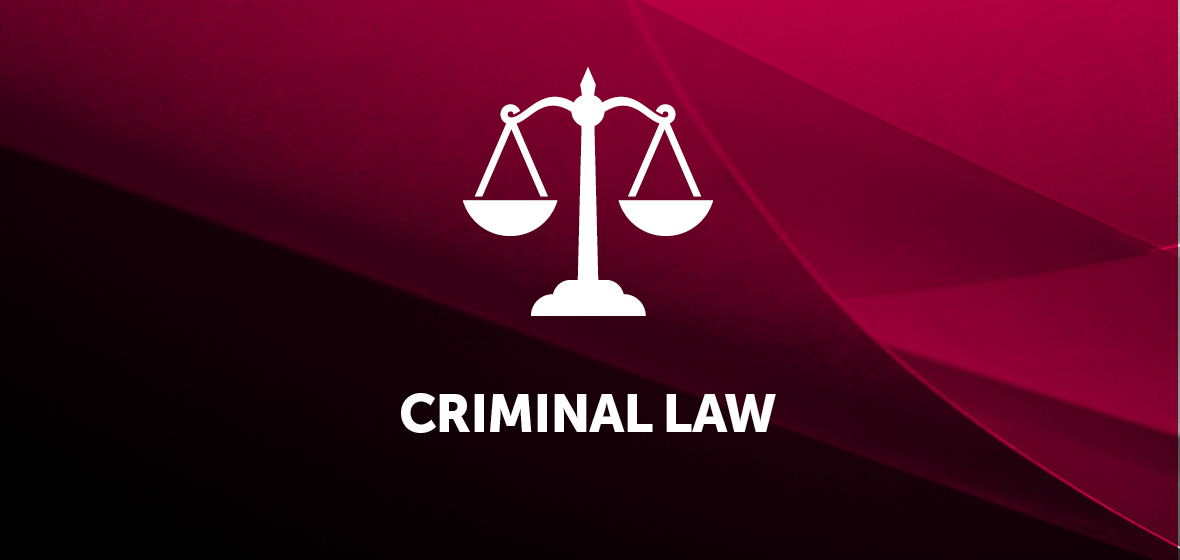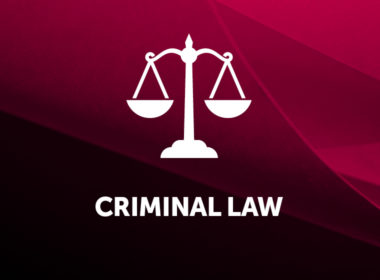Key decisions
- Johnston v Director of Public Prosecutions (NSW) [2021] NSWSC 333
- R v SS [2021] NSWCCA 56 (and Ahmad v R [2021] NSWCCA 30)
Johnston v Director of Public Prosecutions (NSW) [2021] NSWSC 333
Local Court Practice – election to deal with matters on indictment – time limits
In this decision of a single judge of the Supreme Court, it has been held that when the prosecution wants to elect for a matter to be dealt with on indictment, the key event when talking about time limits is the communication of the election, either orally to the Local Court, or by filing a notice.
The plaintiff was charged with a range of offences, one of which was sexual touching. That offence is in Table 2 of the Criminal Procedure Act; in other words, it is an indictable offence which is to be dealt with summarily unless there is an election by the prosecutor. The plaintiff was also serving another sentence of imprisonment. At the second mention of the proceedings, he pleaded guilty and asked to be sentenced that day. The Magistrate commented to the effect that she was concerned there might not be sufficient scope to sentence the plaintiff because of s 58 of the Crimes (Sentencing Procedure) Act, which limits the length of a sentence in the Local Court if a defendant is serving another sentence of imprisonment. The matter was adjourned overnight and it transpired that in fact there had been a decision by the DPP to deal with the matter on indictment – it just hadn’t been seen by the police prosecutor on their file, and hadn’t been communicated to the Court (or the plaintiff). By that stage, the facts and criminal record of the plaintiff had already been tendered.
Section 263 of the Criminal Procedure Act sets the time limit for making an election. Importantly, it provides that the election must be made within the time set by the Local Court. Failing that, it can be made late with the leave of the court in ‘special circumstances’ – but election cannot be made after (amongst other things) the facts have been tendered.
The Magistrate eventually found that the prosecution should be regarded as having already elected in the matter. She found that the decision to elect was the key event; it was not to the point that the decision had not been communicated to the Court.
The plaintiff appealed the decision. The essential basis for the appeal was that the election was not made within the time fixed by the Local Court.


